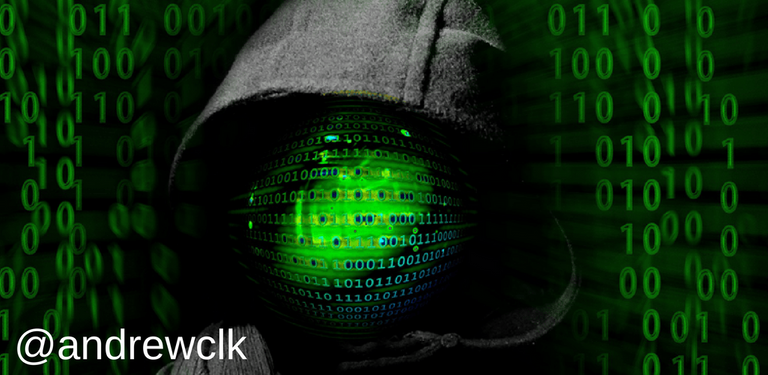
Several users, due to lack of information, confuse the terms Deep Web and Dark Web, considering that they refer to the same thing. In fact, the Dark Web, which we will also see as Charter Web or Darknet, is a very small subset of the Deep Web. The so-called Dark Web is the content of the global web containing Darknet.
A Darknet is any network on the web that we can access with special software, special settings and credentials, or specific protocols.
Two typical examples of Darknet are peer-to-peer networks and networks for increased anonymity, such as Tor
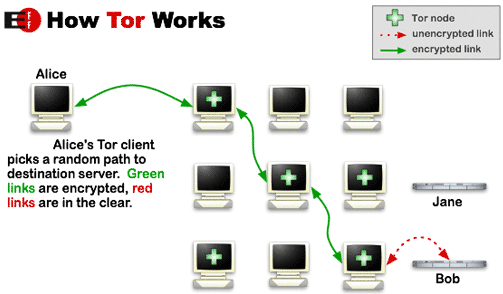
Due to the Dark Web's multiple-level encryption system, its user IDs and locations remain hidden, and their location is extremely difficult from the beginning.
It is precisely this level of anonymity that is why many resort to its use to avoid censorship.
Some others, exploiting this "protection," use the Dark Web for any kind of illegal activity.
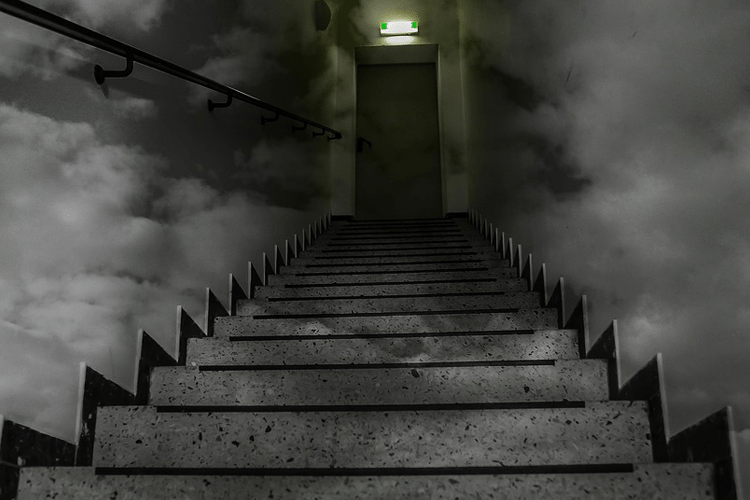
It is worth noting that many traditional sites have created alternative access for the Tor browser in their attempt to connect with their users who frequent on the Dark Web.
An example that may be impressive is that of the popular Facebook social platform, which already provides a version of its Dark Web site.
But more about the Dark Web content we will later mention in our article.
Is the Deep Web and the Dark Web secure and anonymous?
In Deep Web we are daily, even if we do not know it, simply by checking our webmail.
Obviously, when we use Gmail, Google knows our IP. The same as when we are in e-banking, the bank knows our data.
Therefore, most of the Deep Web has no increased anonymity over the rest of the internet. On the contrary, if we are linked to an account with our data, we provide more information than with a simple visit.
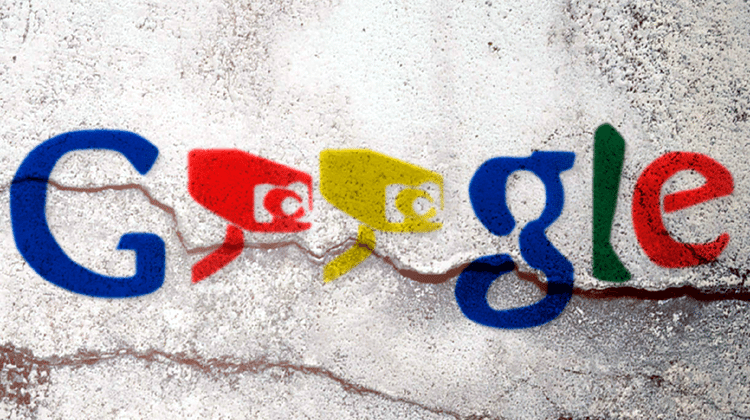
So it's not so much the Deep Web as its subset, the Dark Web. The Dark Web has tracks that are absolutely safe, as well as pages of all sorts of illegal and dangerous content.
Because of its nature, Dark Web generally has no filters that will protect us from anything. No antivirus will tell us if a page is secure. There we are in ourselves, and we choose what we will see.
As for anonymity, it is generally high, always conditional. For example, the FBI has found the way to find the creator of Silk Road, the most famous marketplace for drugs and illegal activities in the Dark Web.
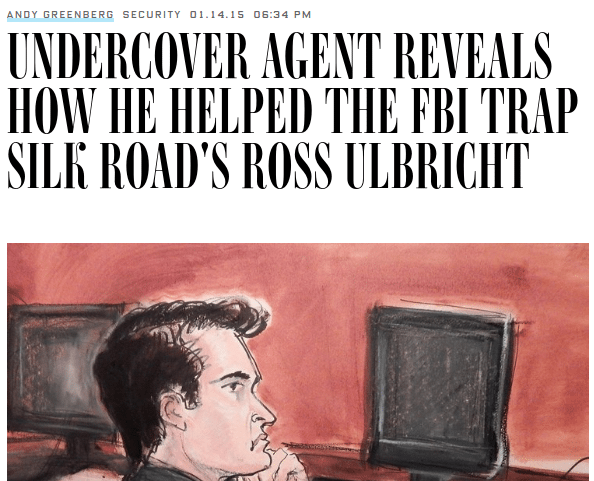
Of course, it took an entire organized business with secret agents to locate it, which lasted for months.
It's definitely not simple, unlike the open internet, which authorities can find our physical address in minutes.
Also, for two weeks, the FBI was in control of a page about child pornography on the Dark Web, in order to track its members and prosecute.
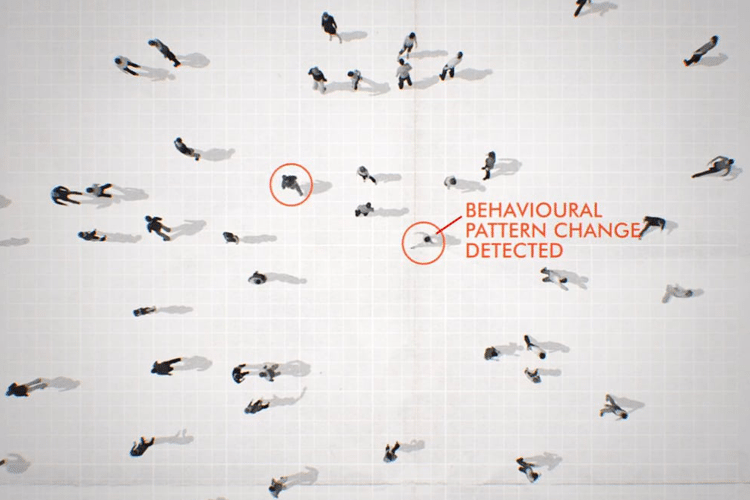
As long as our data is encrypted, if we try, for example, to sign up for a Darknet forum using our email and the outside world, it will not protect us from any encryption protocol.
Anonymity and security in the deep waters of the internet are purely personal affairs of everyone. The uses of the Dark Web can be as bright as we want.
interessting